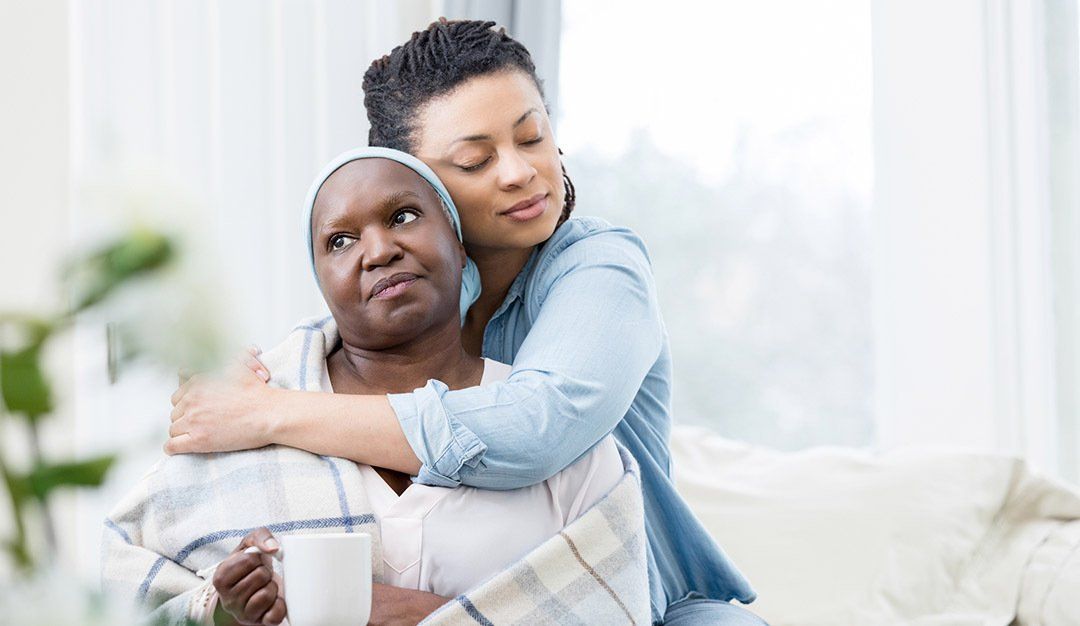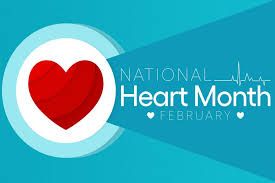Different Types of Breast Cancer
Do you know the different types of breast cancer?

Did you know there are MANY different types of breast cancers?
I sure didn’t and couldn’t believe how many there are so I thought I’d share some with you!
- Ductal Carcinoma In Situ (DCIS)
This is a non-invasive breast cancer and starts inside the milk ducts. It’s not life threatening, but can lead to an invasive type of breast cancer later on. There are generally no signs or symptoms, but some may experience a discharge from the nipples or a lump in the breast.
- Invasive Ductal Carcinoma (IDC)
This is the most common type of breast cancer and invasive means cancer has spread to the breast tissues. If not treated, this cancer can spread to lymph nodes and possibly other areas of the body. This too may not show any signs or symptoms and usually first shows up in a mammogram which is why regular screening is so important.
- Invasive Lobular Carcinoma (ILC)
This is the second most common type of breast cancer and begins in the milk-carrying ducts and spreads beyond. Sometimes, the first sign of ILC is a hardening in the breast that can be felt, or the nipple may turn inward.
- Inflammatory Breast Cancer
This is a rare and very aggressive form of breast cancer. It starts with reddening and swelling of the breast and can grow and spread quickly, worsening in a few hours to a few days. The breasts swell and become inflamed because the cancer cells clog the vessels that carry lymph.
- Lobular Carcinoma In Situ (LCIS)
This is not a true breast cancer and is usually diagnosed before menopause age. There are no signs or symptoms and is found only when the breast is biopsied for some other reason.
- Male Breast Cancer
This is very rare, but can happen because men have breast tissue which are usually just mounds of fat. Men can develop breast cancer from certain types of medications they take. The symptoms are the same as they are for women.
- Triple Negative Breast Cancer
This type of breast cancer is not caused by hormones, but by a specific gene which means it is hereditary. This cancer does not respond well to medications and is very aggressive, but there are therapies available to treat it.
- Paget’s Disease of the Nipple
This is a rare form where the cancer cells collect around the nipple. Paget’s disease causes the nipple to become red, sore, flaky and scaly. There can also be itching, burning, pain and swelling.
- Phyllodes Tumors of the Breast
These are extremely rare and tend to develop in women in their 40’s. The most common symptom is a lump your doctor can feel when examining the breast. They tend to grow rapidly, are generally not painful and can create a visible bulge as it pouches against the skin.
- Recurrent Breast Cancer
This is a cancer that comes back in the same or opposite breast after a period of time. Sometimes a single cancer cell can survive radiation and chemo and is able to grow into a new tumor.
- Metastatic Breast Cancer
This is the type of cancer that has spread to other parts of the body through the bloodstream and lymph nodes. Most women feel helpless when diagnosed with metastatic breast cancer, but there are treatments that can control it for a number of years. Make sure you gather all the information needed to help you make a sound and well-informed decision about your particular situation.
As you can see, there are many types of breast cancer and I didn’t even cover all of them.
Please visit breastcancer.org for more information on these and the other types of breast cancers.
And PLEASE get regular mammograms!! Early detection is the KEY!!!



Independent Living Placement
In an independent living community, your loved one will have the opportunity to live their life safely in an environment that values independence and community. Independent living enables seniors to enjoy a carefree lifestyle in their own apartments with the ability to come and go at their leisure.
Your senior can enjoy living freely without the necessity of maintaining a home. Explore our independent living placement services today.

Assisted Living Placement
Assisted living communities can vary in size and style based on the needs of your loved one. They still offer apartment life with benefits and amenities but with added assistance that supports your senior’s physical, mental, and social needs.
Some communities offer single-family residential homes with six or fewer residents for those looking for a smaller care environment. Explore our assisted living placement services today.

Memory Care Placement
Tailored to their unique needs, memory care facilities provide those living with Alzheimer’s and dementia with the care and kindness they need and deserve. Memory care can occur in the community or as part of a designated wing of another residential care community.
Explore our memory care placement services today.
Have a look at this small assisted living community.
See what you get in a suite. SWEET!
Here's another smaller community with some acreage. Something for everyone!
Explore Senior Living Options Today!
Book a FREE Consultation for Bespoke Senior Living Solutions
Phone
800-345-7311
Fax: 386-200-5706
Store Hours
© 2022 All Rights Reserved | Assisted Living Made Simple | Terms of Use | Privacy Policy | Website Design by Hyport Digital

